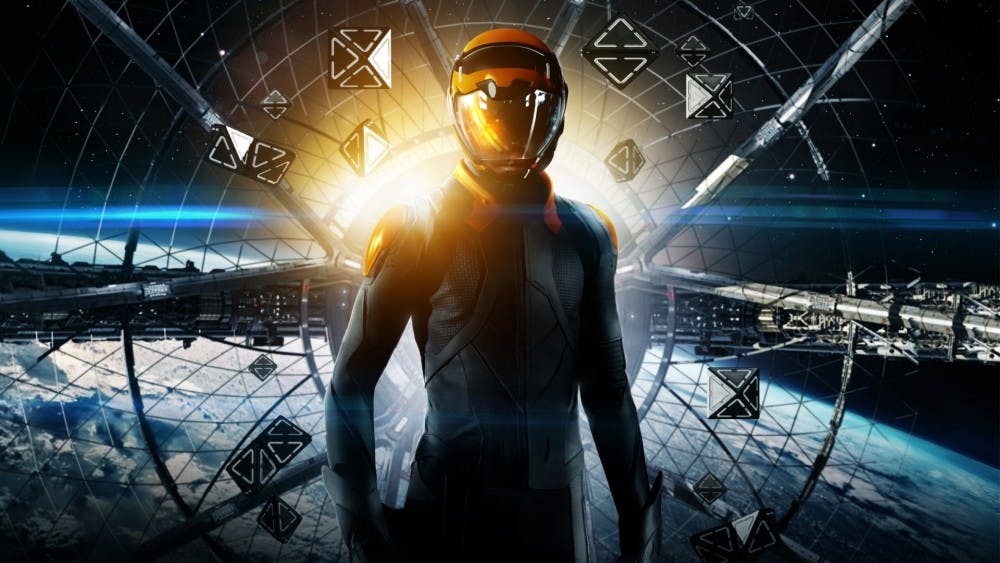For both the casual moviegoer and the diehard literati, here are two different looks at the divisive new page–to–screen adaptation of everyone’s favorite childhood sci–fi book. Choose your own adventure.
FIRST TIMER
I only went to see “Ender’s Game” because Thor was sold out, but I went into it with fairly high expectations after seeing how pumped fans of the book were. Plus, Harrison Ford’s in it, so it had to be pretty cool. I was taken aback by how uncomfortable the film made me. The whole plot revolves around a ruthless and calculating little boy who plays video games while being watched and manipulated by an old man. The creepiness of the situation is hard to get over. Furthermore, the entire film and its environment—a drab, futuristic military dystopia—gives off a cold, clinical feeling. The emotions that do surface feel forced and unrealistic. At no point in the movie do any of the characters realistically elicit empathy. The only emotion I felt come over me while watching the film was hatred for that one short kid with the big nose. (Hey, at least he got me feeling something.) Ultimately, “Ender’s Game” is objectively interesting as a case study of extreme intelligence and control used as a weapon, but it’s not necessary to rub the same concept in my face over and over. Yes, this kid is smarter than the others. But “Ender’s Game” was too smart for its own good.
Grade: B–
See if you liked: “Percy Jackson & the Olympians: The Lightning Thief”
-Ayla Fudala
NOT LOST IN TRANSLATION
Book–adherers, rejoice. True to Orson Scott Card’s vision, this movie resonates with dark, potent aesthetics while imbuing the viewer with a sense of disturbed melancholy (that’s a compliment, I swear). The special effects live up to expectations, with intergalactic explosions galore. I’m personally a stickler for accuracy, and the only fault I could find with this film was the leeway it takes in portraying some of the most significant portions of the novel. Subsequently, the complicated relationship Ender has with his own power and his deep–set hatred for violence are not portrayed as well as one would hope.
As someone who loved Asa Butterfield’s poignant rendition in “Hugo,” his acting in “Ender’s” is no shock. He is impressively engaged with his role as the strong, yet sentimental, Ender Wiggin—both a lonely boy and a brutal war tactician. Although some of Ender’s childlike grace was lost in the transition from word to film, the disparity can be attributed to the complete lack of internal dialogue and unrealistic character portrayals. Talents like Abigail Breslin and Ben Kingsley were sorely off target. It was even difficult to build an attachment with characters I had adored in the book (Bean fans, don’t get too excited). Even so, Harrison Ford’s performance as Colonel Graff was intensely moving, especially when paralleled in stark contrast to the moral–minded Ender. Overall, I found that the film succeeded in raising the same heavy questions that the book did—hard, difficult questions that move even the foundations of the youngest viewer. I would recommend both the film and novel to everyone.
Grade: B+
See if you liked: “Avatar”
– Kimberly Lu
Rating & Run Time: PG–13, 114 mins.

